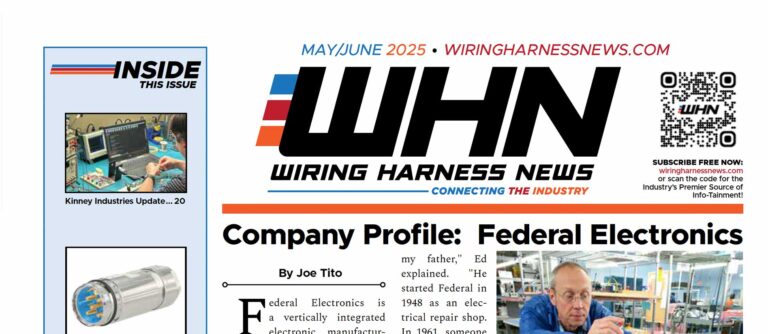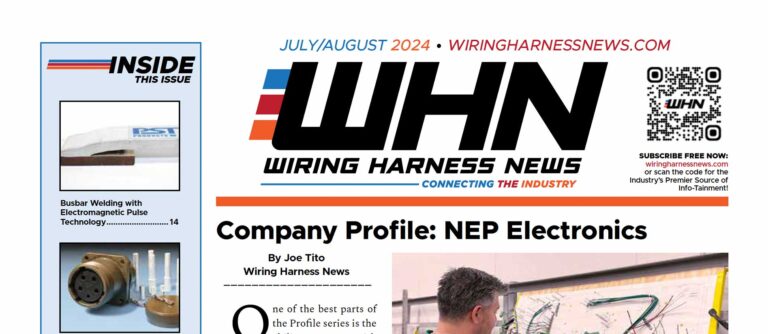By Victoria Montgomery
Navigating the complexities of business contracts is a critical skill that new entrepreneurs must develop to safeguard their interests and ensure clear, enforceable agreements. Well-crafted contracts serve as the backbone of sound business relationships, setting clear expectations and responsibilities for all parties involved.
Whether dealing with suppliers, customers, or partners, understanding how to create and negotiate contracts can prevent future disputes and foster strong business relations. In this article from Wiring Harness News, we delve into essential tips for crafting and negotiating effective business contracts.
Clarify Roles and Responsibilities
Defining the duties and obligations of each party involved in a contract is foundational. It’s crucial to detail what each party is responsible for, including deliverables, timelines, and performance standards. Such clarity prevents misunderstandings and ensures that all parties are on the same page, facilitating smoother project execution and collaboration. A well-defined agreement helps maintain positive business relationships and minimizes the potential for conflict.
Draft Clear Customer Contracts
When creating contracts for your customers, ensure they encompass all necessary details including the identities of all parties, specific payment terms, and explicit termination clauses. These contracts should lay out the framework of the agreement clearly, specifying what services or goods will be provided, when, and at what cost. Clear contracts are instrumental in establishing transparent and enforceable expectations, which protect both you and your customers.
Make Signing Easy
E-signing contracts has revolutionized the way agreements are finalized, making the process faster and more convenient. Using a tool that allows you to sign and fill out PDF forms online means you and the other party can sign documents without having to print anything out. This method of electronic contract signing not only saves time but also reduces paper waste. Additionally, you can even password-protect the contract to ensure that only the involved parties can open it, enhancing the security of your sensitive information.
Protect Sensitive Information
Including confidentiality clauses in your contracts is essential to protect your proprietary information and intellectual property. Define exactly what constitutes confidential information, who has access to it, and the conditions under which it can be disclosed. These provisions help prevent the misuse or unauthorized dissemination of sensitive data, safeguarding your competitive edge and operational secrets. Confidentiality is particularly crucial in industries where proprietary processes or client data are key assets.
Set Warranties and Guarantees
Incorporating warranties and guarantees can enhance the trustworthiness of your services or products. Clearly outline the scope and duration of these assurances to set realistic expectations and define the remedies available should issues arise. Such terms not only provide reassurance to your clients but also highlight your commitment to quality and reliability. Guarantees and warranties are powerful tools in building customer confidence and loyalty.
Address Termination Procedures
It’s important to include detailed termination and cancellation policies within your contracts. These should clearly state the conditions under which the contract may be terminated, the responsibilities of all parties involved in the termination, and any penalties or obligations upon cancellation. Specifying the required notice period for termination can help manage expectations and facilitate a smoother transition. Such clauses are vital for minimizing disputes and clarifying the process for a mutual parting of ways, if necessary.
Mastering the art of contract negotiation and creation is vital for new business owners to protect their interests and foster sustainable business relationships. By focusing on clarity in roles, legal compliance, fair payment practices, and protective clauses, you can create contracts that not only safeguard your business but also build trust and professionalism. Clear, comprehensive contracts are fundamental to mitigating risks and establishing a strong foundation for long-term business success.





















































